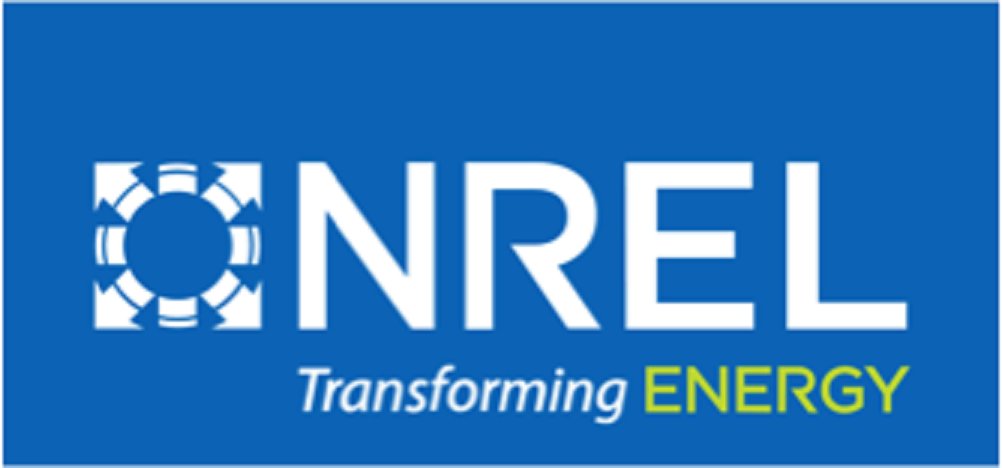NREL: College Students Team Up To Design Real-Life Geothermal Concepts
Are you a university student or faculty member looking for a renewable-energy-focused capstone project for the spring semester? Dig into the U.S. Department of Energy Geothermal Collegiate Competition, which is accepting submissions until Feb. 17, 2022.
Real-World Renewable Energy Design Experience
In the competition, student teams assume the role of a geothermal developer, devising direct-use strategies to heat and cool buildings, campuses, or districts. The competition fosters project development, design, and communications skills while boosting public understanding of geothermal power as a direct, renewable source of energy. Team submissions include a use case, resource assessment, usage evaluation, and a plan to engage the local community.
The recently completed Spring 2021 round of the competition included geothermal concepts designed for Native American reservations, universities, mixed-use communities, and hospital campuses.
Site identification was performed by the Sooners Geothermal team from University of Oklahoma, the second-place winners in the Spring 2021 Geothermal Collegiate Competition.
Industry Expert Webinars and Trainings
Student competitors can also participate in a series of virtual trainings on geothermal site planning tools and practices. Upcoming trainings include the GEOPHIRES geothermal techno-economic simulation tool, environmental regulations and permitting for geothermal projects, the GeoRePORT Socio-Economic Assessment Tool, and reservoir modeling tips and tricks.
National Recognition and Cash Prizes
“This study was one of the most rewarding experiences of my academic endeavors.”
– Nicholas Fry, team captain, University of North Dakota Geothermal Vision
Winners and finalists will be recognized in a live Department of Energy announcement and press release as well as National Renewable Energy Laboratory (NREL) news stories. The competition also includes $50,000 in cash prizes to student teams and their universities.
First, second, and third-place winners will also plan and host live, on-site events to educate relevant stakeholders about their proposed projects during the summer of 2022.

